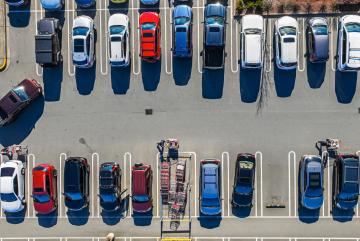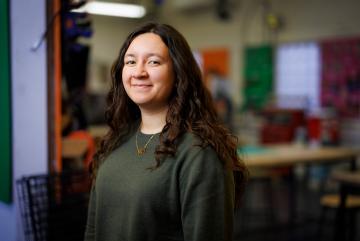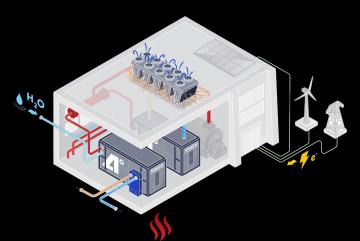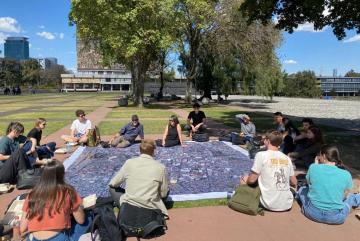
MIT News Office
|
Parking-aware navigation system could prevent frustration and emissions
By minimizing the need to drive around looking for a parking spot, this technique can save drivers up to 35 minutes — and give them a realistic estimate of total travel time.
MIT News Office
|
Exploring the promise of regenerative aquaculture at an Arkansas fish farm
Through research with MIT D-Lab, MIT engineering student Kiyoko “Kik” Hayano worked with Keo Fish Farms to build a model for regenerative water systems.
MIT News Office
|
A new way to make steel could reduce America’s reliance on imports
Hertha Metals, founded by Laureen Meroueh SM ’18, PhD ’20, uses natural gas and electricity to produce steel and high-purity iron for magnets.
MIT News Office
|
“Essential” torch heralds the start of the 2026 Winter Olympics
Professor of the practice Carlo Ratti designed this year’s Olympic torch with the ethos and principles he brings to his work at MIT.
MIT News Office
|
Your future home might be framed with printed plastic
MIT engineers are using recycled plastic to 3D print construction-grade floor trusses.
MIT News Office
|
Taking the heat out of industrial chemical separations
The gas-filtering membranes developed by MIT spinout Osmoses offer an alternative to energy-hungry thermal separation for chemicals and fuels.
MIT News Office
|
Electrifying boilers to decarbonize industry
AtmosZero, co-founded by Addison Stark SM ’10, PhD ’14, developed a modular heat pump to electrify the centuries-old steam boiler.
MIT News Office
|
Feeding innovation to solve complex urban problems
Cross-border collaborations are seen as a key to success for the MIT Leventhal Center’s Mexico City Initiative.
MIT News Office
|
Understanding ammonia energy’s tradeoffs around the world
MIT Energy Initiative researchers calculated the economic and environmental impact of future ammonia energy production and trade pathways.










